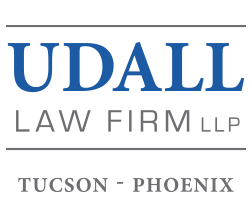
A Deed in Lieu of Foreclosure sounds deceptively simple: The borrower simply gives the lender a deed and the lender gets the property! Sounds simple, right? Well, there are severe pitfalls a few of which are discussed in this blog. First, a Deed in Lieu is a highly specialized form that needs to contain special language so that it can’t be misconstrued. The needed language is normally contained in an Affidavit which, among other things, states that the Deed is an absolute conveyance, that it is not intended as a mortgage and recites whether or not it is intended as a release or there can be a subsequent deficiency. So, the Deed in Lieu – while it is usually much cheaper than a foreclosure or Trustee’s Sale – is complex and must be expertly drafted.
The other big danger is that a lender obtaining a Deed in Lieu of Foreclosure must know if there are any junior lienholders. If a lender simply accepts a Deed in Lieu of Foreclosure and there are junior liens, the lender may be required to pay the junior liens to protect its interest in the property. Title insurance is a requirement to prevent this and provides other essential protections.
We are experienced and can help with complicated real estate transactions including those involving Deeds in Lieu of Foreclosure.
Jeffrey M. Neff is a real estate specialist certified by the Arizona Board of Legal Specialization. He has extensive experience in real property transactions and litigation including purchase, sale, lending, eliminating title problems, easements, quiet titles, partitions, foreclosure, workouts, real estate litigation and many other areas of commercial real estate.

